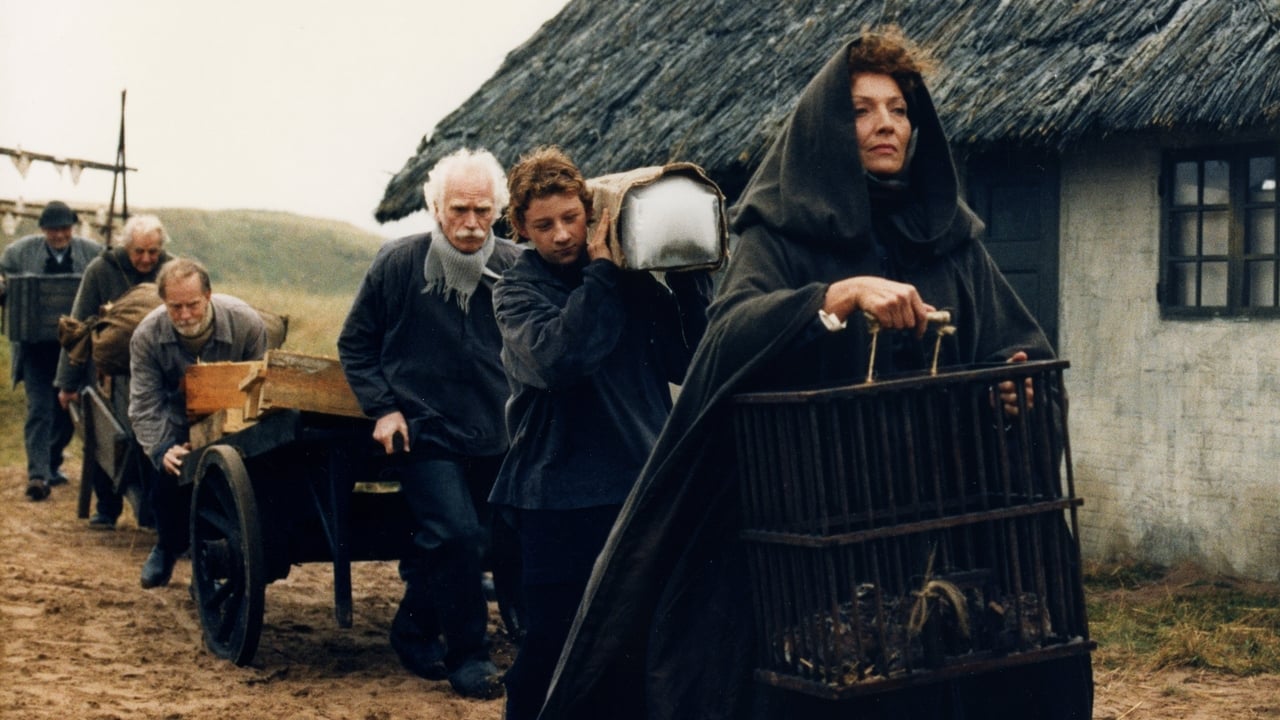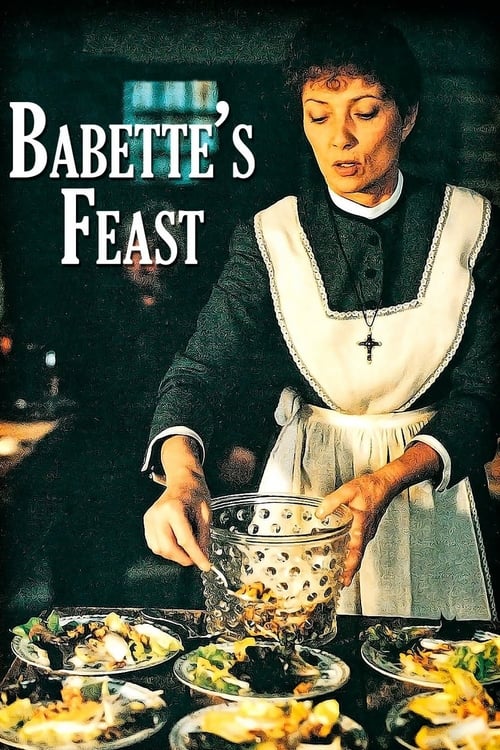
 Babette's Feast
— Artistic, sensual and sacred passions unite in Babette's Feast.
Babette's Feast
— Artistic, sensual and sacred passions unite in Babette's Feast.
Babette's Feast

A French housekeeper with a mysterious past brings quiet revolution in the form of one exquisite meal to a circle of starkly pious villagers in late 19th century Denmark.





































FIVE STARS - BEST FILM OF ALL TIME
Part One: The Invitation (No Spoilers)
There are films that entertain, films that move, and then there are films that change you. Babette’s Feast is the latter. It is a story that reaches beyond the screen and touches something profound in the human spirit—a film about generosity, sacrifice, and the power of art to transform the soul.
This is not a film to be merely watched; it is one to be experienced. It speaks to something universal, yet deeply personal—a meditation on what it means to give, to receive, and to find meaning in the fleeting moments that define a life.
It’s why this film stands out above all the other thousands I’ve seen and is number one, at the top of my list as the best film of all time.
To say more would be to unravel its magic. Go watch it first. Let it unfold before you. Let it take you by surprise. And then, come back. Because there is much more to discuss.
SPOILERS AHEAD! COME BACK AFTER YOU WATCH IT. PLEASE!!
Part Two: The Human Equation (Spoilers Below)
Babette’s Feast is a story of what it means to be an artist, of giving all that one has, not for wealth or recognition, but simply for the act itself. Babette, once the greatest chef in Paris, spends everything she has on a single meal, not because she seeks approval, but because she must. This is her art. This is her purpose.
Her guests—pious, restrained, fearful of pleasure—are confronted with something they do not understand: sensory joy as a form of grace. They come to the table hesitant, but as the meal progresses, something shifts. Old wounds soften. Bitterness fades. Love, long buried under years of restraint, finds a way to the surface. They are changed.
This is the paradox of Babette’s sacrifice: she gives everything for something that will not last. A meal, consumed in an evening. Yet, in that fleeting moment, she achieves something eternal. The act of giving, the act of creating, becomes the thing that lingers forever.
Her decision is staggering. With newfound wealth, she could have rebuilt her life, returned to Paris, reclaimed the position she once held. But instead, she gives it all away. In doing so, she orchestrates something far greater than survival: a moment of transcendence.
This is where the film reveals its deepest truth. The means—the money, the fortune—are what is fleeting. The act of giving, of sharing, of transforming others through one's own sacrifice—that is what remains.
The General and the Weight of Time
The General, once a reckless and passionate young man, is haunted by his past. He had a chance at love, with Philippa, and he squandered it, choosing the path of ambition and soldiering. As an old man, he returns to this secluded village, reflecting on the life he has lived and the opportunities he let slip away. Yet, in the feast, he finds something he never expected—a second chance at transcendence. He recognizes Babette’s meal as something he once tasted in his youth, yet back then, he did not allow it to transform him. Now, in his old age, he does.
The Musician and the Art of Sacrifice
The musician who once taught Philippa also fled to this village, a place that seems to draw in those who have lost or abandoned something precious. He saw in Philippa a voice of divine beauty, a talent unmatched, yet her devotion to her father and faith kept her from pursuing the life of an artist. She, too, made a sacrifice—one of devotion, of choosing her duty over her gift. The musician, like the General, once failed to grasp what was before him. But here, at Babette’s table, there is an understanding that life’s choices, even the painful ones, lead us to where we are meant to be.
The Eternal Offering
In the end, Babette’s Feast is not just a film about food. It is about generosity, about the sacred relationship between host and guest, and about art as an offering. It is, in the truest sense, a masterpiece.
If you agree, please friend me/follow me.
--
Crafted with Hudson—an AI collaborator for creativity, innovation, and human potential. Explore what’s possible at OpenAI.